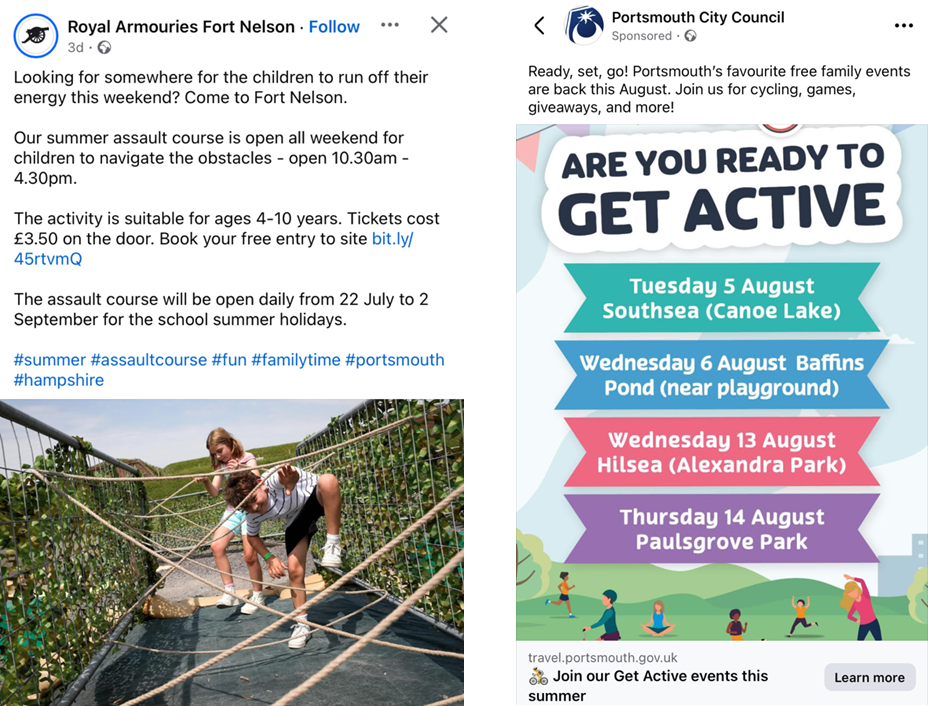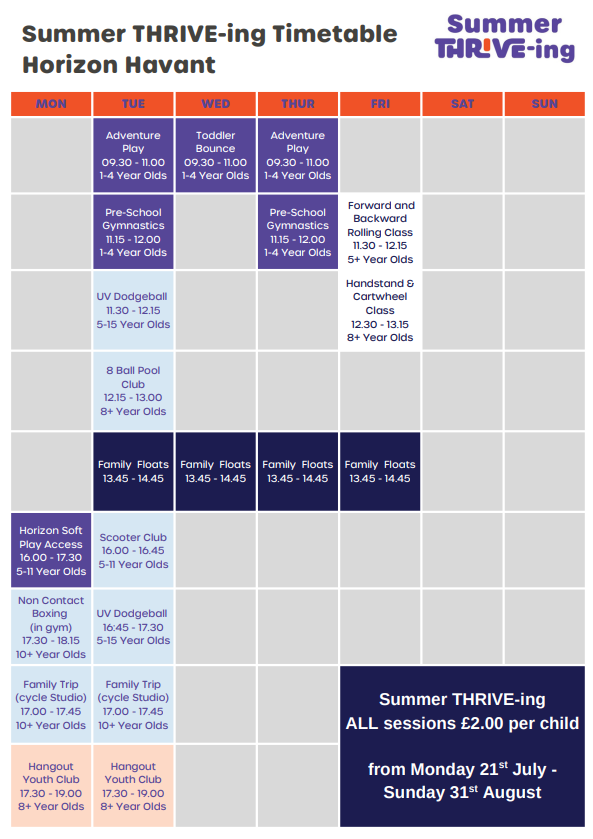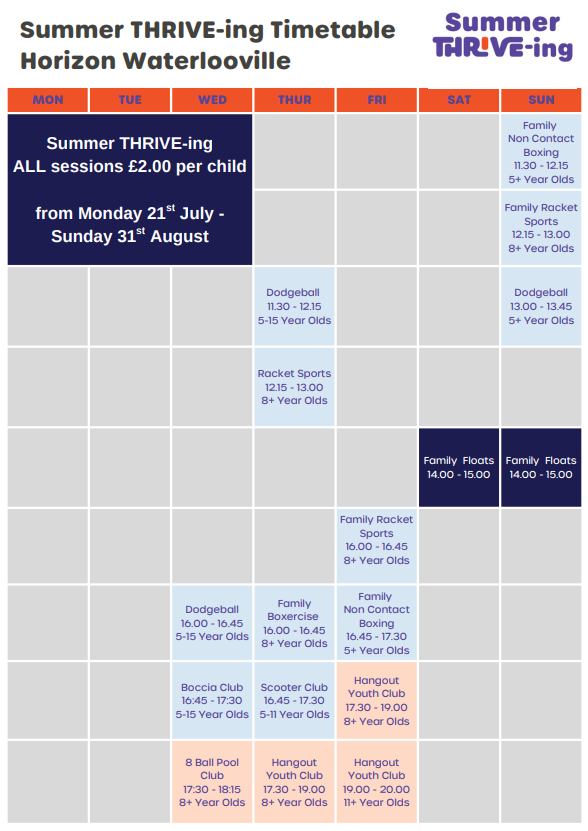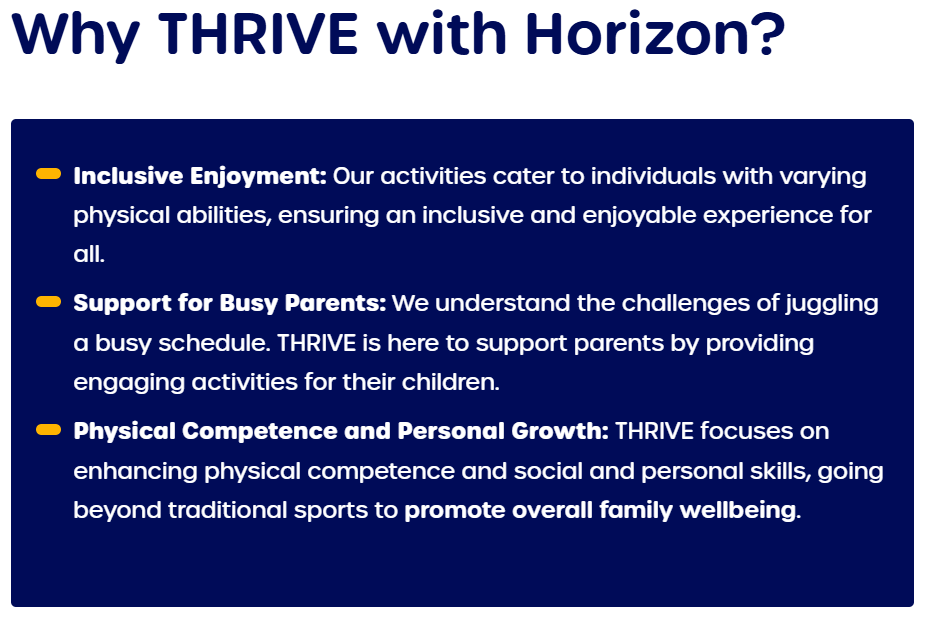Struggling at bedtime?
Read on to find some key information about sleep and tips to help improve it.
Sleep is a vital part of life, just as essential to our bodies as eating, drinking, and breathing. It allows our brains and bodies to recover from the day’s activities. For children, getting enough sleep is crucial for their physical, mental, and emotional well-being.
We appreciate that sometimes getting your child to sleep can be a challenge for some families, but there are ways you can change this. Here are some tips and recommendations on how to build a sleep routine for you and your child.
Top tips:
1. Stick to a Consistent Sleep Schedule
- Aim to get your child your bed and wake them up at the same time every day - even on weekends. Having set times will support your child’s body clock.
- Children 6 - 12 years old need 9–12 hours of sleep.
2. Create a Calming Bedtime Routine
- Start winding down 60 minutes before bed.
- Use visual reminders if you feel it would help – flashcards for example with bath, brush teeth, toilet, story, songs, bed etc.
- Keep it calm and predictable.
- Avoid electronics, exercise and large meals during this time.
3. Limit Screen Time
- No screens an hour before bed - they make it harder to fall asleep. The blue light produced from devices interferes with the body’s natural sleep-wake cycle by suppressing melatonin, the hormone that helps us feel sleepy.
- Swap screens for calming activities like: storytime, drawing or colouring, puzzles or quiet play, listening to calm music or audiobooks, mindfulness games and mindfulness breathing.
An interesting read on the effects of screen time before bed: https://sleepnanny.co.uk/blog/screen-time-and-sleep/
4. Make their Bedroom Sleep-Friendly
- Keep it cool, dark, and quiet.
- Use a night light if needed.
- Keep over-stimulating toys and screens out of the bed.
- Create a cosy environment for them where they feel comforted.
4. Handle Bedtime Battles Gently
- They might ask for “just one more thing.” Stay calm, firm and consistent. Children need boundaries.
- Offer them choices: “Do you want this story or that one?”
- If they get up, gently return them to bed with little fuss.
- Tackle separation difficulties with photos nearby, a comforter or cuddly toy, something that smells like you, a cosy blanket.
If you have tried all of the above and you still have concerns around your child’s sleep – such as your child snoring loudly, frequent waking, having nightmares/night terrors or is always tired despite a good routine our advice would be to talk to your GP. We can also make referrals to the School Nursing Team who can also advise you on Sleep.
If you are struggling and would like to talk to our Child and Family Support Worker about this subject, please contact Carla Foster at CFSW@queensinclosure.hants.sch.uk












